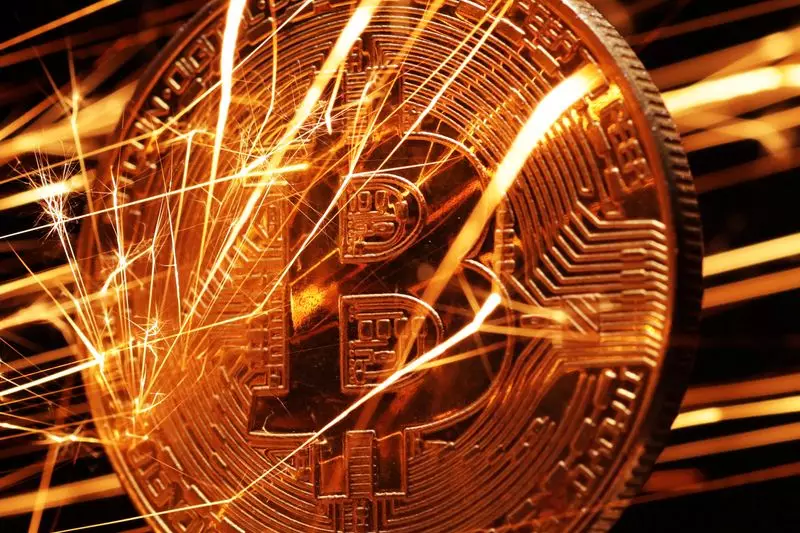Recent developments in Russia’s financial policy indicate a significant pivot towards the adoption of cryptocurrencies for international trade. In light of continued Western sanctions, which have complicated financial transactions with key trading partners like China and Turkey, the Russian government has enacted legislative changes that enable the use of digital currencies such as bitcoin. Finance Minister Anton Siluanov disclosed these initiatives, highlighting a new economic strategy aimed at mitigating the impact of external pressures.
The cautious attitude of local banks toward Russia-related transactions has placed substantial barriers in the path of traditional trade. By altering the existing regulatory framework, Russia is seeking to empower its businesses to engage more freely in international commerce. The move to integrate cryptocurrencies into foreign trade underscores a critical adaptation to the limitations imposed by sanctions.
Legalizing Cryptocurrency Mining and Trade
This year marks a pivotal moment whereby Russia formalized the legal parameters around cryptocurrency usage not only in trade but also in the mining sector. As one of the world’s leaders in bitcoin mining, Russia is poised to harness its substantial mining capacity to support its international trade objectives. Siluanov’s remarks about utilizing locally mined bitcoins in foreign transactions signal an intent to expand the experimental framework established around digital currencies.
The Russian authorities are optimistic that such transactions will increase and evolve, projecting growth prospects for 2024. This optimism about crypto integration reflects a broader understanding of the shifting dynamics in global finance – an arena in which digital currencies are becoming increasingly relevant.
In a wider geopolitical context, President Vladimir Putin’s comments on the U.S. dollar’s diminishing dominance as a reserve currency resonate with many global economies that feel threatened by the unilateral use of financial sanctions. By referring to bitcoin as a viable alternative asset, Putin highlights the potential for cryptocurrencies to provide a shield against economic coercion. His assertion that no entity can fully regulate bitcoin speaks to the decentralization that characterizes many cryptocurrencies, offering countries like Russia more sovereignty over their financial systems.
As various nations reassess their currency dependencies against a backdrop of shifting global power dynamics, the call towards alternative financial mechanisms is likely to resonate with more governments. The strategic embrace of cryptocurrencies by Russia could inspire other countries facing similar sanctions to explore digital currencies as a means of economic resilience.
Russia’s legislative adjustments to facilitate the use of cryptocurrencies in international payments mark a noteworthy shift towards innovative economic practices. These changes not only reflect a reaction to sanctions but also a proactive transformation of the financial landscape. With authorities supporting the progressive integration of digital currencies into trade, Russia is charting a course that could redefine its economic interactions on the world stage.
As the global financial architecture continues to evolve, it is clear that the future of international trade may increasingly rely on digital currencies. Russia’s experience could serve as a blueprint for other nations navigating the complexities of modern economic pressures, thereby heralding a new era of financial independence and adaptability.

